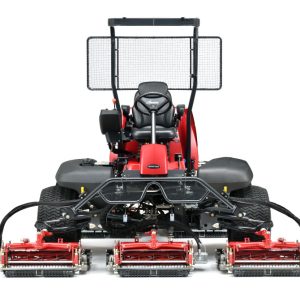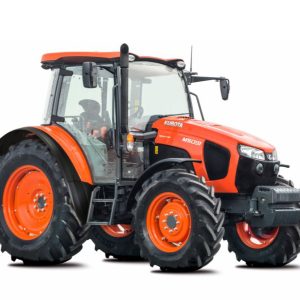
A Comprehensive Guide to Machinery Finance
Understanding Machinery Finance
Machinery finance is a crucial aspect of business operations for companies across various industries, including manufacturing, construction, agriculture, and more. This type of financing helps businesses acquire the necessary equipment without the need for substantial upfront capital. By spreading the cost over time, businesses can maintain cash flow and invest in other critical areas. This guide will cover the different types of machinery finance, benefits, considerations, and steps to secure financing.
Types of Machinery Finance
1. Equipment Loans: This is a straightforward option where a lender provides a loan to purchase machinery. The business repays the loan over a set period with interest. The machinery often serves as collateral, reducing the lender’s risk and potentially lowering interest rates.
2. Leasing: There are two primary types of leases: operating leases and finance leases. Operating leases allow businesses to use machinery for a specific period without ownership, suitable for equipment that may become obsolete quickly. Finance leases, also known as capital leases, enable businesses to eventually own the machinery after making all lease payments.
3. Hire Purchase: In this arrangement, businesses hire the machinery and pay installments that contribute towards its purchase. Once all payments are made, ownership transfers to the business. This is ideal for companies that intend to own the machinery eventually but prefer spreading the cost.
4. Vendor Finance: Some machinery manufacturers and suppliers offer financing options directly to buyers. This can streamline the purchase process and may come with favorable terms since the vendor has a vested interest in selling the machinery.

Benefits of Machinery Finance
– Preserves Working Capital: By financing machinery, businesses can preserve their working capital for other critical expenses like payroll, inventory, and marketing.
– Tax Advantage: Depending on the type of finance, businesses may benefit from tax deductions on interest payments or lease expenses.
– Flexibility: Financing options often come with flexible terms and payment schedules tailored to the business’s cash flow and operational needs.
– Access to Up-to-Date Equipment: Financing can enable businesses to access the latest machinery without the full cost burden, ensuring they remain competitive with st




